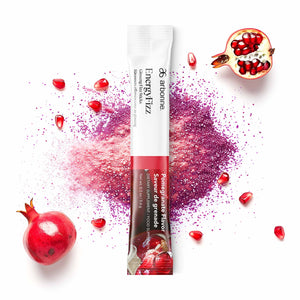What is B12 (Cobalamin)?
B12, also known as cobalamin, is a water-soluble B vitamin crucial for the proper functioning of the brain and nervous system, as well as for the formation of red blood cells and DNA synthesis. It is unique among vitamins in that it contains a metal ion, cobalt, and it can be stored in the liver for years.
Where is it Usually Found in Nature?
Cobalamin is naturally found in animal-based foods. Key sources include:
- Meat and Poultry: Particularly liver, beef, and chicken.
- Fish and Seafood: Such as salmon, tuna, clams, and sardines.
- Dairy Products: Including milk, cheese, and yogurt.
- Eggs: Especially the yolks.
- Fortified Foods: Breakfast cereals, plant-based milk alternatives, and nutritional yeast are often fortified with B12.
Benefits to Health and Body
- Energy Production: B12 is essential for converting food into energy by aiding in the metabolism of every cell in the body, particularly affecting DNA synthesis and regulation.
- Brain Health: It supports the maintenance of the myelin sheath that protects nerve fibers, essential for proper neurological function and cognitive performance.
- Red Blood Cell Formation: B12 is vital for the production of red blood cells, helping to prevent anemia and ensuring that the body gets enough oxygen.
- DNA Synthesis: It is crucial for DNA synthesis and cell division, supporting the growth and repair of tissues.
- Heart Health: B12 helps reduce levels of homocysteine, an amino acid linked to an increased risk of heart disease.
Examples of Use
- Dietary Supplements: B12 supplements are available in various forms, including tablets, capsules, sublingual drops, and injections, used to prevent or treat deficiencies and support overall health.
- Fortified Foods: Many plant-based foods, such as fortified cereals, plant milks, and nutritional yeast, are enriched with B12 to help ensure adequate intake, especially for vegans and vegetarians.
- Energy Boosters: B12 is often included in energy drinks and shots to enhance vitality and reduce fatigue.
Suggested Daily Intake
The recommended daily intake of cobalamin varies by age and life stage:
- Adults: 2.4 mcg per day
- Pregnant Women: 2.6 mcg per day
- Breastfeeding Women: 2.8 mcg per day
B12 has no established upper limit, as it is generally considered safe even at high doses, especially since excess amounts are excreted in the urine. However, it is always advisable to follow the dosage instructions provided by the supplement manufacturer or consult with a healthcare provider.



